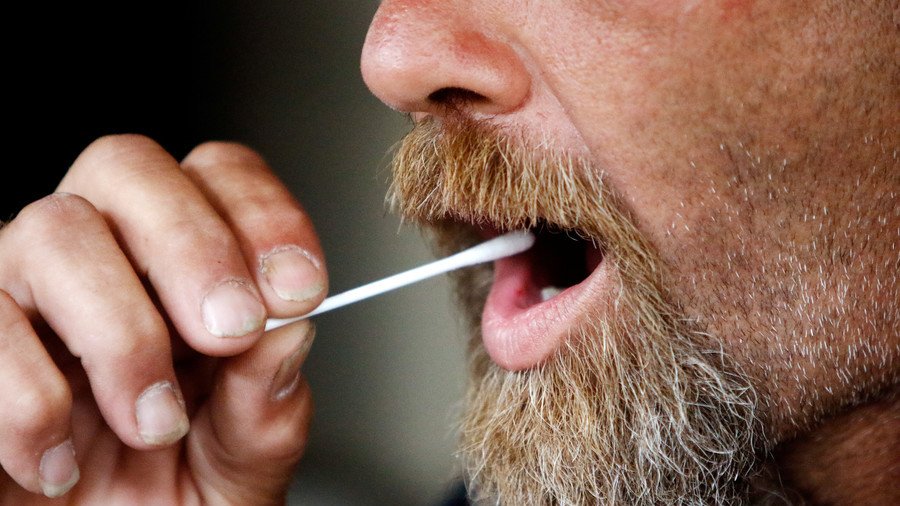Police can request your DNA without your knowledge or consent via ancestry websites

Sending a sample of your DNA through the post may seem like a harmless and novel way of tracing your ancestry, and millions of Americans have already done so, but there is a more sinister side to this relatively new enterprise.
If you’re suspected of a crime police can, if they have a warrant, request access to your DNA profile from both the Ancestry and 23andMe websites. The latter has received five requests for customer information from law enforcement, although the company says it didn't comply with any of these requests.
“As the 5 requests resulting in zero information provided indicates, we resist all of these requests. For perspective, 5 requests with over 3 million customers is 0.0002% worth of requests in 11 years. That's less than rare,” 23andMe spokesman Andy Kill told RT.com.
Though the company hasn’t ruled out providing information to authorities in the future. “We would always review a request and take it on a case-by-case basis,” privacy officer Kate Black told told WJAX on Thursday.
Using https://t.co/Wgs2WXBc9z means giving up rights to your own DNAhttps://t.co/COi6WJqlMppic.twitter.com/2IwuB9oTta
— RT (@RT_com) May 27, 2017
Ancestry.com, however, has complied with such requests. Of the nine made by authorities for customer info in 2016, the company provided information in eight of the cases, according to the company’s transparency report.
However, the company stressed to RT.com that these requests were not related to DNA profiles rather “they were all with regards to things like account data that could be useful in credit card fraud investigations.”
Bye-bye DNA testing: Researchers tout revolutionary hair-protein identification method https://t.co/PFPynwCWDIpic.twitter.com/IQFq3giGvF
— RT America (@RT_America) September 8, 2016
It’s not just your DNA cops can request. Even if you haven’t given into the temptation of trying to pinpoint your long lost ancestors, your relatives could also get you in trouble, as was the case for Michael Usry Jr.
Usry Jr was a prime suspect in the cold case murder of 18-year-old, Angie Dodge. The Idaho Falls police got a warrant to use Ancestry’s database to solve the crime. It found Ursy Sr’s DNA, which closely matched DNA at the crime scene. Police then got a warrant for Ursy’s own DNA. In 2017, he was cleared of any involvement in the murder, however.
Ancestry explained it does not “share any information with law enforcement unless compelled to by valid legal process, such as a court order or search warrant.” It said in Ursy’s case the DNA was part of a “database we purchased that was an open and publicly available research resource at the time we bought it. After this case, we made the database private to help protect the privacy of our customers.”












